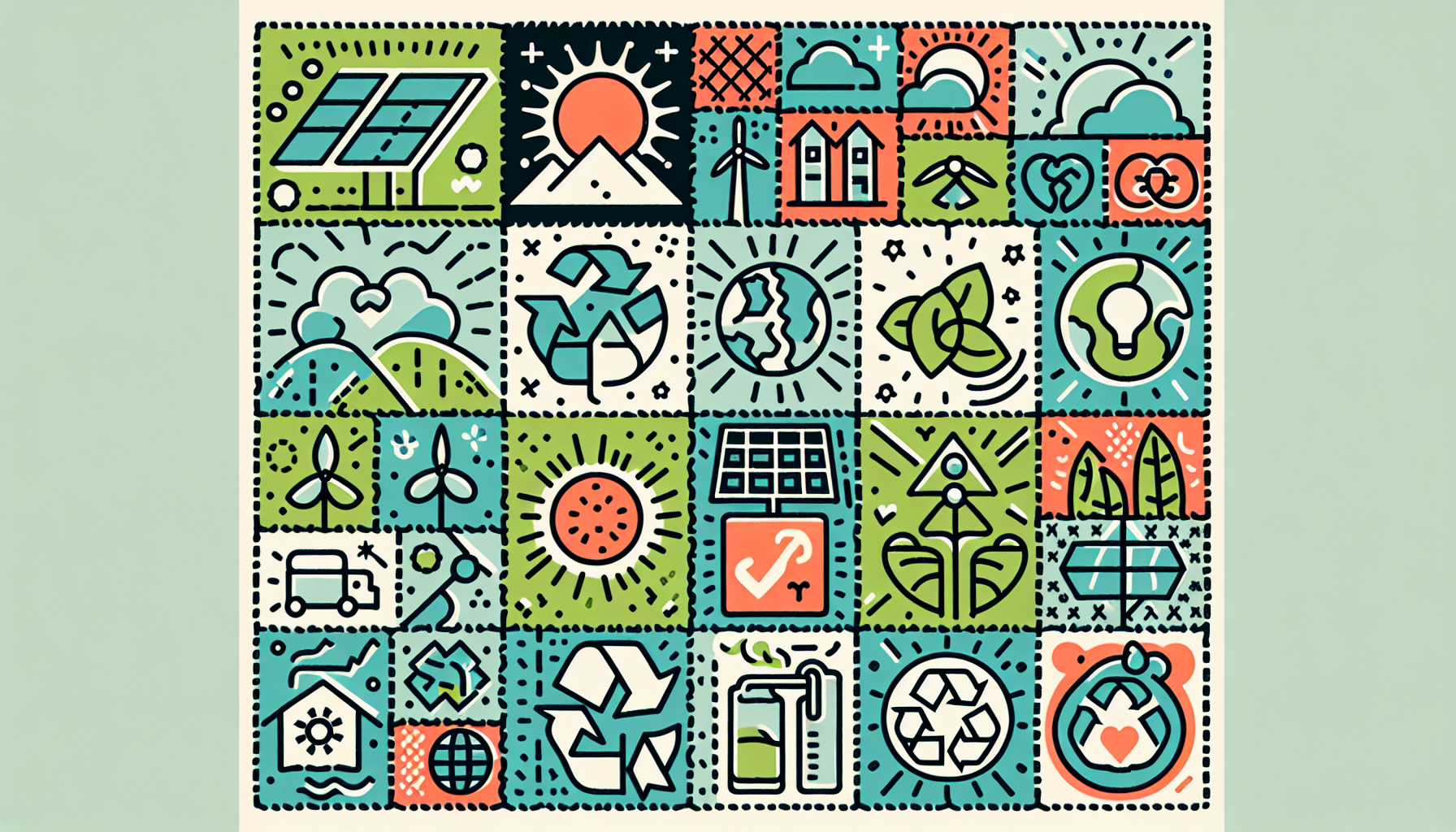The Future of Waste Management Careers in a Circular Economy

The circular economy is an alternative economic model that stands in stark contrast to the traditional linear economy, which follows a 'take-make-dispose' pattern. In a linear economy, resources are extracted, used, and then discarded, leading to waste and environmental degradation. Conversely, the circular economy advocates for the continuous use of resources, encouraging practices such as recycling, upcycling, and sustainable product design. This shift aims not only to reduce waste but also to create a sustainable future where materials are kept in use for as long as possible. As this model gains traction, waste management careers are evolving to meet new demands.
Emerging Roles in Waste Management
The transition to a circular economy has given rise to several emerging roles within the waste management sector, each designed to tackle specific challenges associated with waste reduction and resource optimization. Here are some noteworthy examples: 1. **Sustainability Coordinators**: These professionals work within organizations to develop and implement sustainability initiatives that minimize waste. They may conduct waste audits, promote recycling programs, and educate employees about sustainable practices. 2. **Recycling Technologists**: With advancements in recycling technologies, there is a growing demand for specialists who can design and optimize recycling processes. These roles often require knowledge of materials science and engineering, with a focus on improving the efficiency and effectiveness of recycling systems. 3. **Waste Reduction Strategists**: These experts analyze waste data to identify opportunities for reduction at various levels—be it corporate, municipal, or community. They play a critical role in developing strategies that align with circular economy principles, promoting waste minimization along the supply chain. 4. **Circular Economy Consultants**: As businesses strive to transition to more sustainable practices, consultants specializing in circular economy strategies are in high demand. They advise organizations on redesigning products for longevity, implementing take-back schemes, and fostering a culture of sustainability.
Essential Skills for Future Professionals
To thrive in the evolving landscape of waste management careers, aspiring professionals will need to cultivate a diverse skill set. Some of the most important skills include: - **Analytical Thinking**: The ability to analyze waste data and identify trends is crucial for developing effective waste management strategies. - **Innovative Problem-Solving**: As new challenges arise with the circular economy, professionals must be adept at thinking creatively to devise sustainable solutions. - **Collaboration and Communication**: Working across various stakeholders—from government agencies to private companies—requires strong interpersonal skills to foster cooperation and shared goals. - **Technical Proficiency**: Familiarity with recycling technologies, data analytics tools, and sustainability software will be increasingly valuable in a tech-driven industry.
Supporting Evidence: Case Studies and Success Stories
Numerous organizations are already embracing the principles of the circular economy, setting inspiring examples for future WM professionals. For instance, Unilever has implemented closed-loop systems that reduce waste and promote recycling, demonstrating that sustainable business practices can lead to profitable outcomes. Similarly, local governments across the globe are adopting zero-waste initiatives, creating new job opportunities for sustainability coordinators and waste reduction strategists. A notable success story comes from a recycling technology startup that developed a new method for processing previously non-recyclable materials. By hiring engineers with expertise in materials science and waste management, the company not only advanced its technology but also created a wave of jobs that support the circular economy. Such cases illustrate the potential for innovation and growth within the waste management sector as it adapts to the circular economy.
As the waste management industry adapts to the realities of a circular economy, it presents a myriad of exciting career opportunities for those looking to make a meaningful impact. By understanding emerging roles, necessary skills, and the importance of sustainability, aspiring professionals can position themselves at the forefront of this transformation. The shift toward a circular economy is not just beneficial for the planet; it also promises to create fulfilling careers that contribute to a more sustainable future. Embracing this change is essential for anyone looking to thrive in the waste management sector and play a pivotal role in shaping a more sustainable world. In conclusion, the future of waste management careers in a circular economy is bright, brimming with opportunities for innovation and collaboration. As society moves towards more sustainable practices, the roles and responsibilities within the waste management industry will continue to evolve, attracting a new generation of professionals dedicated to making a difference.
Sustainability Coordinator
Unilever, Procter & Gamble, municipal government agencies, non-profits
Core Responsibilities
Develop and implement sustainability initiatives to minimize waste within an organization.
Conduct waste audits and analyze data to identify reduction opportunities.
Educate employees on sustainable practices and promote recycling programs.
Required Skills
Strong analytical and problem-solving skills to assess waste management practices.
Excellent communication and collaboration abilities for engaging stakeholders.
Familiarity with sustainability reporting frameworks.
Recycling Technologist
Waste Management Inc., recycling technology startups, engineering firms
Core Responsibilities
Design and optimize recycling processes to improve efficiency and material recovery.
Conduct research on new recycling technologies and materials science applications.
Collaborate with operations teams to implement best practices in recycling facilities.
Required Skills
Technical proficiency in materials science and engineering principles.
Experience with data analytics tools for process optimization.
Strong project management skills to oversee implementation of new technologies.
Waste Reduction Strategist
Consulting firms, government agencies, large corporations
Core Responsibilities
Analyze waste data from various sources to identify reduction opportunities.
Develop and promote strategies for waste minimization across supply chains.
Collaborate with municipal and corporate partners to implement waste reduction programs.
Required Skills
Expertise in data analysis and trend identification.
Strong communication skills to convey strategies to diverse stakeholders.
Knowledge of circular economy principles and sustainable practices.
Circular Economy Consultant
McKinsey & Company, sustainability-focused agencies, non-governmental organizations
Core Responsibilities
Advise organizations on implementing circular economy strategies for product design and lifecycle management.
Facilitate workshops and training sessions to educate clients on sustainable practices.
Analyze client operations to identify areas for resource optimization and waste reduction.
Required Skills
Deep understanding of circular economy frameworks and sustainable business practices.
Strong interpersonal skills for effective client engagement and relationship management.
Ability to conduct comprehensive assessments and deliver actionable recommendations.
Environmental Compliance Specialist
Environmental consulting firms, government agencies, large corporations
Core Responsibilities
Monitor and ensure compliance with environmental regulations related to waste management.
Conduct site assessments and audits to evaluate adherence to waste disposal policies.
Develop training materials and programs for employees on environmental compliance.
Required Skills
In-depth knowledge of environmental laws and regulations.
Strong analytical skills for assessing compliance data and conducting risk assessments.
Excellent communication abilities for reporting findings and educating staff.


